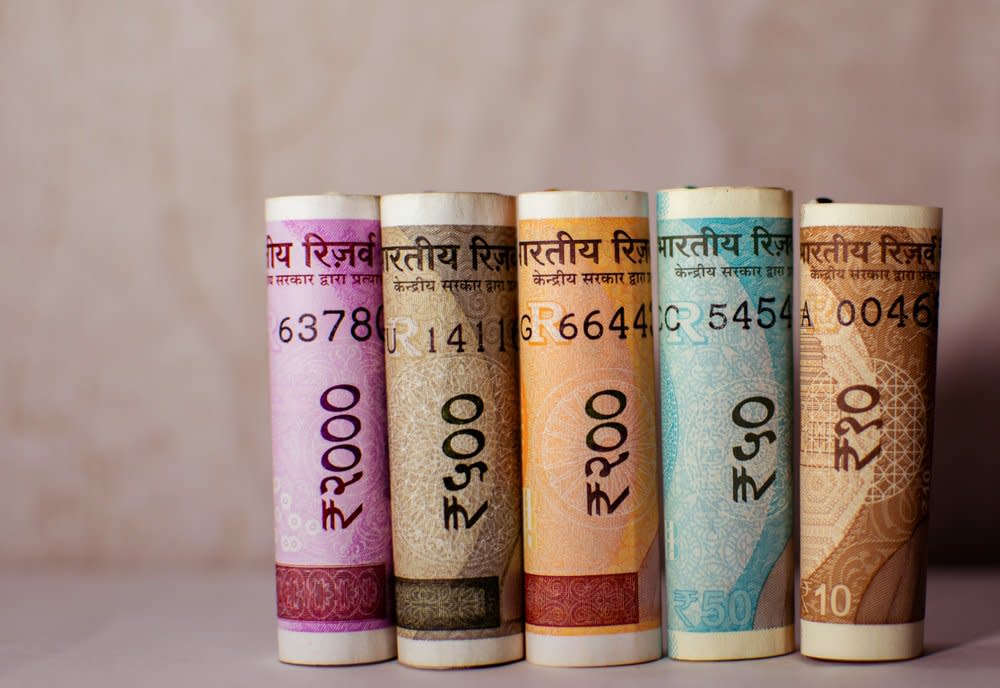India’s Central Bank Targets Blockchain Payments While Hating Bitcoin

A man was at a café. He was glaring through the menu and decided to order himself a glass of lime water. But it wasn’t just any other lime water he wanted. He told the waiter that his beverage shouldn’t have the taste of lemons. He said he didn’t like the fruit much. But he added that he was a big fan of lime water anyway. Bewildered at first, the waiter eventually decided to bring him a glass of plain water. The man gulped it whole-heartedly and paid the waiter an extra twenty for his impeccable services. He left the café, singing a song about lemons.
The Reserve Bank of India, or RBI, embodies the same class of thinktanks that order lime water without the lemons, chicken tandoori without the chickens, and blockchains without the bitcoins. Blockchains – let’s talk about that for now.
The blockchain is a reasonably straightforward technology. It is a database run and managed by a network of computers instead of single servers. Every computer on the web gets access to the entire database. The database is always growing as a new set of data, or blocks, are added to it. Each block comprises a timestamp and a link to the previous block. That is how these blocks, arranged in ascending order, form a chain of blocks. And the participants running the network receive rewards in a valuable token called bitcoin for maintaining it.
In a way, incentivization is lemons to the blockchain named water. That’s the critical ingredient. But the RBI is interested in paying for the water at the rate of lime water. And they are happy self-patting themselves for it. Let’s jump into the context of it.
The Art of Hating Bitcoin and Loving Blockchain
The National Payment Corporation of India (NPCI), an RBI-backed umbrella organization for operating retail payments and settlement systems in India, announced that it was considering using blockchains to improve their payment network. The national body received support from ten banks in India. Meanwhile, it released a notice inviting bidders to propose their blockchain solutions as their potential “Liaisoning Consultants.”
In layman terms, the NPCI hoped to create an alternative blockchain that would compete with the original Bitcoin blockchain. But it would do so without offering any incentivization since it would have central control over the validation and addition of blocks. In a way, NPCI would merely utilize the blockchain for managing records – the same they have been doing with their existing databases. And they would call it ‘progress.’
The question arises, why would NPCI create an inferior database when it can already access more secure blockchains. It’s simple: they have fallen for the blockchain-not-bitcoin cliché.



